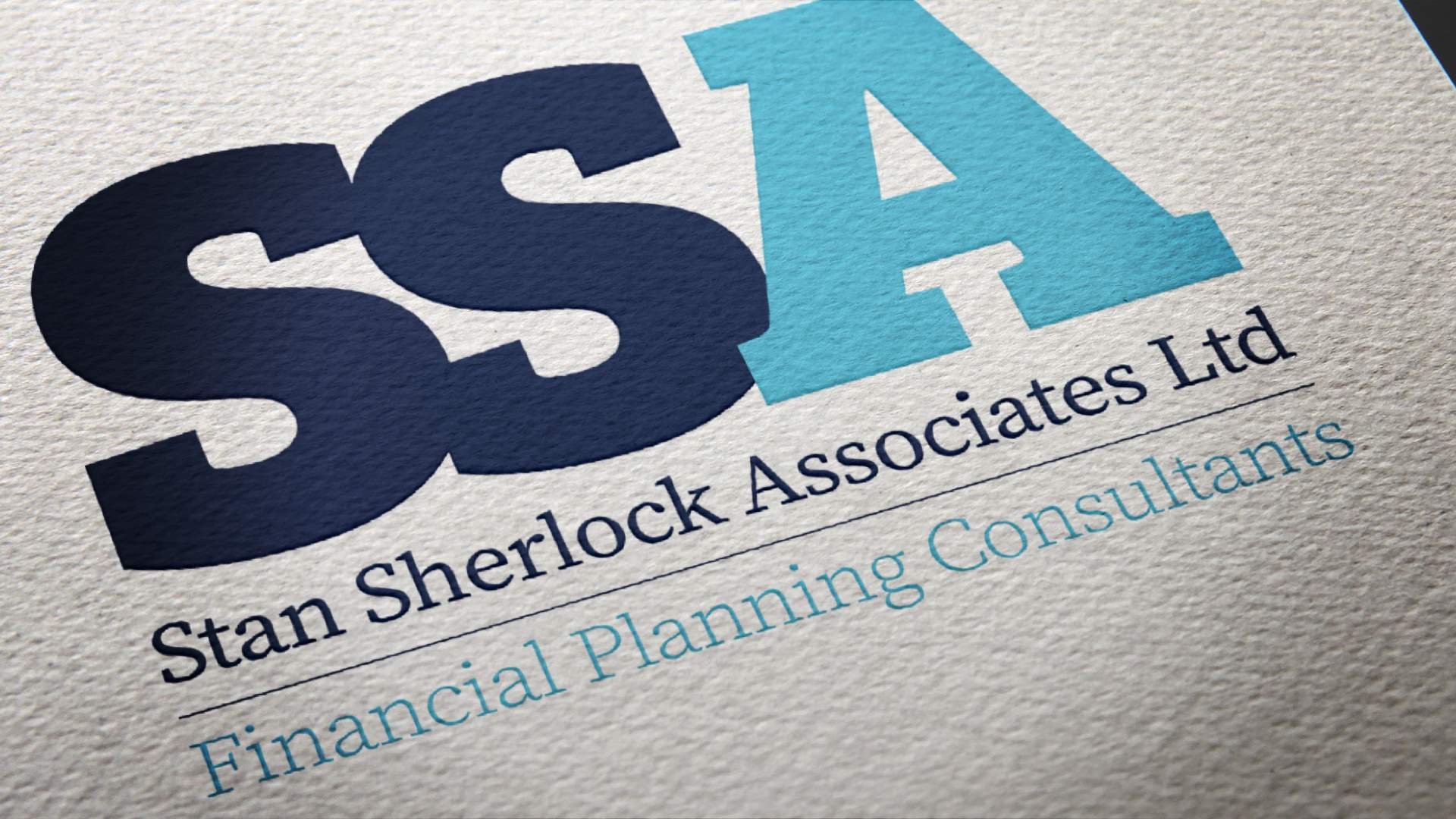The world is changing – so should your insurance!
stansherlocstg
on
September 1, 2020

- Financial Planning, Home & Life Insurances, Mortgages
The world is changing – so should your insurance!
The world is changing rapidly in a way that nobody could ever have expected, meaning your personal and financial circumstances are likely to have changed. It is important to regularly review all aspects of your finances and that includes reviewing your protection insurance, to make sure your policy provides adequate cover for your changing needs.
Underinsured
If you don’t regularly review and update your policy, any pay-out you do receive from your claim may not be enough to cover you and your family’s needs if you were to die or if you are unable to work due to illness.
Say you took out a life insurance policy covering you for a certain amount. After several years, you may have children, resulting in a move to a larger house. If you take a larger mortgage, your monthly outgoings would increase, and you would have bigger bills to pay. Therefore, the lump sum paid out to your family upon your death would no longer be sufficient to sustain their lifestyle and might leave them facing financial hardship.
New policies offer better protection
Like any industry, the insurance industry has evolved over time. Modern policies can offer you better protection and more extensive cover.
When comparing a critical illness policy sold in 2007 with one sold in 2017, the more modern policy may have better claims wording, provision for part-payment and other advantages.
If you have simply been paying your premiums on the same policy for years, it is likely that, as well as facing the risk of being underinsured, you also won’t be benefiting from the kind of comprehensive cover offered by today’s policies.
Let us protect you
With so many different types of protection insurance on the market, it’s not surprising that many people just stick with the cover they have.
It may not be the best cover for them. We can assist you in finding the very best policies for your circumstances, so you have the peace of mind that you, and your family, will be protected should the worst happen.
Please note: Older policies may cover illnesses which modern policies do not. Premiums may be cheaper due to the age of the policy. Certain cover may be excluded on a new policy due to pre-existing conditions.
Always get professional advice when reviewing your insurance policies. As with all insurance policies, conditions and exclusions will apply
Related Posts

The Magic Of Pensions




















